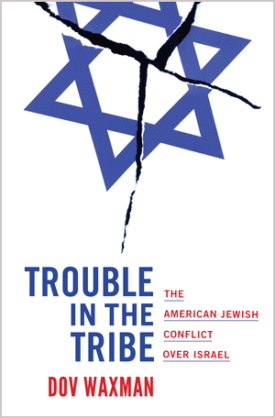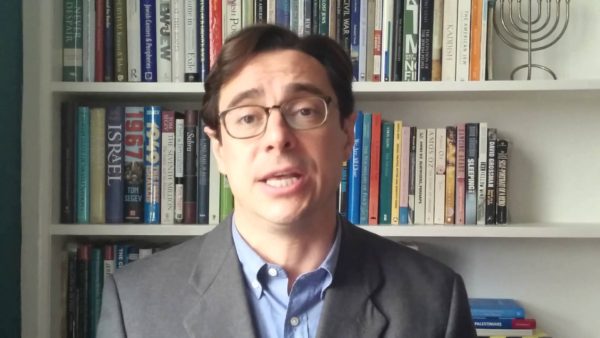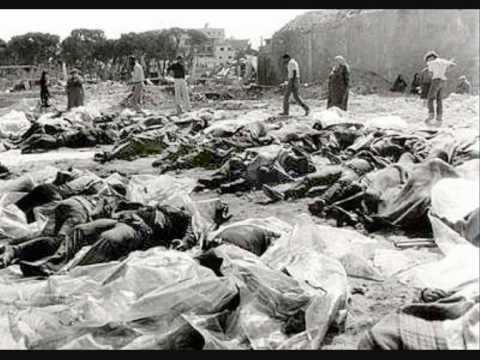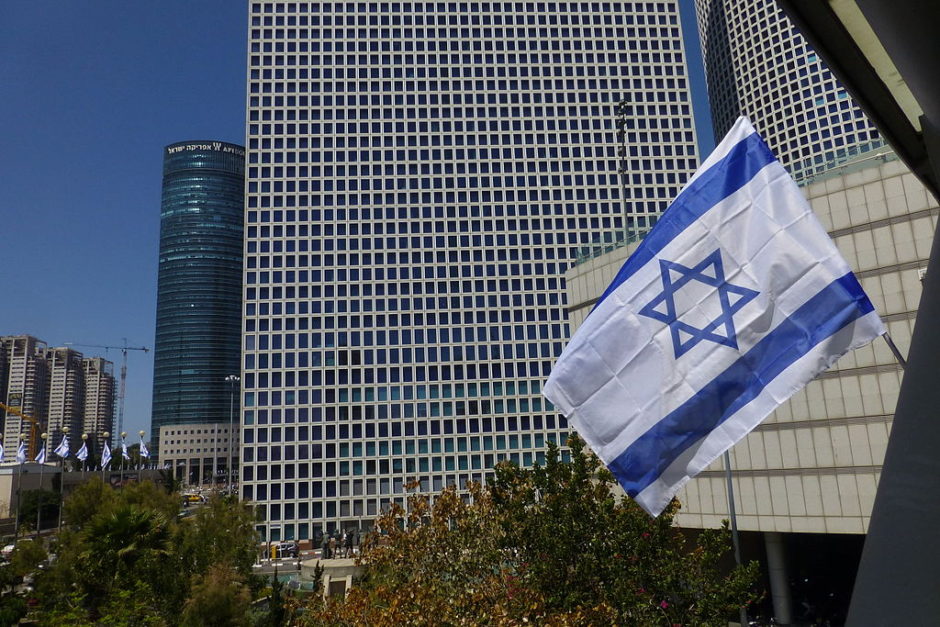The place Israel occupies in the consciousness of the American Jewish community has, alas, become a contentious issue. It is not exactly what early Zionist ideologues had in mind when they dreamed of a Jewish state in Palestine, the ancestral home of the Jewish people.

Dov Waxman, an American academic, advances this thesis in his perceptive new book. “The age of unquestioning and unstinting support for Israel is over,” he writes in Trouble in the Tribe: The American Jewish Conflict Over Israel (Princeton University Press). “The pro-Israel consensus that once united American Jews is eroding, and Israel is fast becoming a source of division rather than unity for American Jewry.”
He adds, “In short, Israel used to bring American Jews together. Now it is driving them apart.”
While most Jews in the United States, or anywhere else, still care about and support Israel, they are much less in agreement with its policies, says Waxman, a professor of political science, international affairs and Israel studies at Northeastern University. “The era of uncritical American Jewish support for Israel is now long past,” he notes.
This transformation, which has manifested itself in other countries as well, is particularly noticeable in one segment of the Jewish population. “Many American Jews, especially younger ones, are becoming increasingly uncomfortable with Israel’s policies in its conflict with the Palestinians and skeptical of its governments’ proclaimed desire for peace.”

So highly charged a topic is Israel that American Jewish discourse about it regularly degenerates into “vitriol, hostile accusations and ad hominem attacks,” he observes in his thoughtful and insightful book.
For decades after its creation in 1948, Israel basked in the glow of acclaim, its romanticized and heroic image honed by Leon Uris’ best-selling 1958 novel, Exodus, and consolidated by Israel’s lightning military victory in the 1967 Six Day War, the 1976 Entebbe raid in Uganda and the rise of identity politics in the United States in the 1970s.

But as Waxman correctly points out, the American Zionist movement, historically speaking, never really caught fire with the majority of Jews in the United States until the Holocaust and the establishment of Israel. And while a number of American Jews played an important role in Israel’s emergence as an independent state, Israel was of “little interest and concern” to most Jews in the United States until the Six Day War.
During this period, he argues, they were generally more concerned with advancing Jewish rights and security in their country than in overtly supporting Israel. It was only after 1967 that Israel came to dominate the Jewish communal agenda, he says.
I know this from personal experience in Canada. As the war in the Middle East raged, I was galvanized. I read the newspapers assiduously and watched and listened to endless newscasts on television and radio. Shortly after the war ended, I went to Israel, in my first overseas trip, and worked as a volunteer on a kibbutz facing the Sea of Galilee.
During my visit, I bought a vinyl record album, Shoot To Hit, which glorified, in Yiddish, Israel’s triumph of arms. The English text on the back of the album summed up the euphoric mood perfectly, albeit ungrammatically: “The Six Days War has touched every Jews wherever he may be. The unprecedented victory of the Israel Defence Army has filled every Jewish heart with pride and glory. As a result of each of the six historic and victorious days a new nation has emerged.”

Waxman implicitly concurs with this assessment.
“In retrospect, the decade from 1967 to 1977 was the golden era in American Jewish support for Israel. Not only was there a huge surge in fundraising and political advocacy for Israel, but Israel also became an object of secular veneration for many American Jews,” he writes.
The bubble burst after the accession of Menahem Begin — a Zionist Revisionist and the leader of the Herut Party — to power after 29 years of Labor Zionist rule. By then, Israel had begun to change in ways that disillusioned some American Jews. As Waxman says, “It was more right-wing, more religious, more intolerant, more unequal and more aggressive and expansionist than the Israel that American Jews had fallen in love with.”

Disillusionment with Israel was a gradual process. Israel’s 1982 invasion of Lebanon, sparked by an excessive reaction to Palestinian terrorism from Lebanon, led to the massacre of hundreds of Palestinian refugees in the Sabra and Shatila camps. The Israeli army turned a blind eye to the slaughter, which was perpetrated by Christian Phalangists, allies of Israel.
The first Palestinian uprising, which broke out in the West Bank and the Gaza Strip in December 1987, had a chilling effect as well.
By the second decade of this century, liberal-minded Jews had accumulated a long list of grievances. They feared that Israel’s occupation of, and settlement policy in, the West Bank would cause yet more strife and bloodshed, erode its democratic character and push back the chances of an accommodation between Israel and its Arab neighbors. And they were troubled by Israel’s hawkish approach to resolving its dispute with the Palestinians.

More recently, three Gaza border wars have led to accusations that Israel has used disproportionate force and displayed a disregard for the lives of Palestinian civilians.
And Conservative and Reform Jews seethe as the state-supported Orthodox rabbinate tries to delegitimize them and attempts to exclude women from certain public spaces — the Western Wall, for example — in Israel.
According to Waxman, the younger generation of American Jews, having been born long after the Holocaust and having grown up during the first intifada, the failed Oslo peace process and the assassination of Prime Minister Yitzhak Rabin, do not idealize Israel in the manner their parents or grandparents were inclined to do.
“Young American Jews are also more inclined to see Israel as powerful, not weak and endangered, and thus less in need of their absolute support,” he says. “The notion of always supporting the policies of the Israeli government is altogether alien to them. They will support Israel only if it acts in accordance with their values and beliefs.”
Waxman is referring, of course, to Jews of the liberal persuasion. “Politically conservative Jews tend to be more emotionally attached to Israel than liberal Jews, and much more hawkish in their views concerning the Israeli-Palestinian conflict. Compared with liberals and moderates, they are consistently more opposed to Israeli territorial concessions to the Palestinians, including a division of Jerusalem, and they are less willing to dismantle Israeli settlements in the West Bank.”
Due to these significant differences, acrimonious debates have erupted across the country pitting liberals against conservatives. “In many Jewish communities today, the situation has become so bad that it is almost impossible to have an open, honest and polite discussion about Israel.”
Israel is so toxic a topic today that many American Jews have become extremely wary of talking about it, he claims.
In the wake of the Six Day War, however, Israel was a great unifying cause. But today, Israel represents a challenge, if not a problem, for some Jews. “Arguments about Israel have become the primary source of conflict within Jewish communities.”

Waxman, in summing up his argument, laments that Israel is now a divisive force among many Jews. “The days when Israeli governments could count on the unequivocal support of American Jews are long gone. American Jews are now much less willing to simply back Israeli government policies than they once were, and increasingly, they want their own opinions taken into account by Israeli policy makers.”
In other words, the epoch of blind support for Israel among American Jews has passed, having become a relic of the past.
